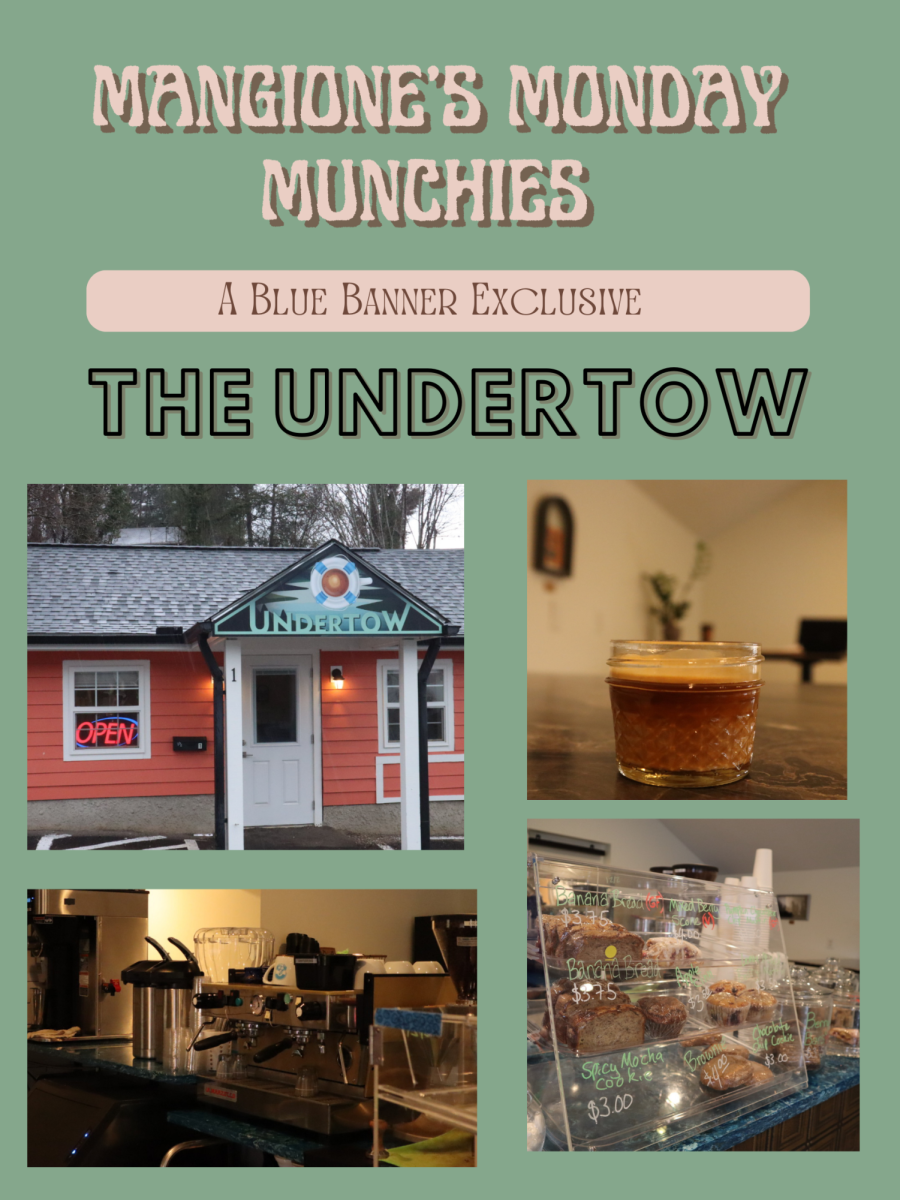Camille Hanson
Contributor
[email protected]
Child care providers say parents choosing to foster and adopt children in Asheville save them from growing up in unstable living conditions with no guaranteed family support.
“The most challenging part is educating families and helping them shift their perspective from what a child can do for their family to what they can do for a child,” said Alex Kelly, director of
family engagement at Children’s Home Society of North Carolina. “Fostering is extremely rewarding. By the time families come to us, they’ve often been thinking about it for awhile and have envisioned the specific child they want. The challenge is getting them to understand who the children are that are in need.”

While new foster or adoptive parents feel pressure to be perfect, they should focus on learning how to care for children with trauma, said Katie Kasben, a Weaverville foster parent in the process of adopting her two foster children.
“It’s the stigma of victim blaming and it’s just what we do in our society,” Kasben said. “People don’t want these children because they think they’re tarnished. The moment a child is separated from their mother, of course they’ll experience trauma.”
Foster parents often adopt the children they’ve been fostering for years, said Susan Garland, adoption supervisor at Buncombe County Department of Health and Human Services. It happens most often for children ages five to eight who form a bond with these parents.
“There’s a problem with children aging out of the foster care system because they can’t stay with their foster family after they turn 21,” Kelly said. “When they age out, they tend to have higher rates of incarceration, young pregnancy and homelessness. They’re no longer in the child welfare system and they’re on their own.”
More than 23,000 children age out of the foster system every year, according to Kelly and the National Foster Youth Institute. Older children above the age of nine need people willing to adopt.
“There’s a misconception that older kids have more trauma,” Kelly said. “Families are sometimes scared of them, but they’ve had therapy and have had more time to process trauma.”
Parents also deal with struggles such as grief in coming to terms with infertility, which often leads to deciding on foster care and adoption, Kasben said.
“If you had asked me a year ago, all I could really comprehend is that the grief is so heavy and so big when you want to have children and find out you can’t,” Kasben said. “It’s an intense process of self-discovery where you have to work through those feelings of illegitimacy. It came down to the fact that we wanted to be parents and we had to be honest with ourselves.”
According to Kasben, one challenge involves the previous foster family still feeling attached to the children she’s fostered and will soon adopt.
“You have to deal with other people’s egos and ways of doing things,” Kasben said. “It seems like the previous mother’s main identity was as a mother and I felt illegitimate. But the fact that there’s multiple people caring about these kids is actually good even though it’s a hard process.”
According to Kelly, children in North Carolina go back to their birth family after foster care 39 percent of the time. There’s always a plan of reunification with the birth parents.
“So many of our cases are substance abuse and mental health issues, and they seem to go hand-in-hand,” Garland said. “The birth parents I’ve seen be most successful are the parents who hit the ground running to work on whatever issue they have. Eventually, we have to look at if the plan of reunification is still viable after about a year because it’s not fair for kids to have to wait.”
Some foster or adoptive parents engage in shared parenting with the birth parents, which works if adoptive parents recognize how more than one person can love a child, Garland said. These children will want to know where they came from and adoptive parents should be honest.
“It’s traumatic to come into foster care. Every child adopted from the welfare system started out in foster care,” Kelly said. “You’re leaving often the only home you’ve known. Regardless of how much dysfunction is in that family, there’s still love. Children still love their parents.”
Kelly encourages Asheville residents interested in foster care and adoption to attend the informational meeting at 19 Zillicoa St. on March 12 at noon.
“I would implore people thinking of this process, even just dealing with infertility and grief, to go through the foster care training and do respite care,” Kasben said. “That’s a weekend or a couple days with them, which is a short-term way to help these kids have a safe place. You have a chance to really see how you and your partner or family deal with these kids in your house.”
According to Garland, older children need adoptive families close in proximity so they’re able to stay in the communities where they’re comfortable.
“Everybody needs to check their ego and remember it’s about the children,” Kasben said. “Our social worker said there’s three stages: forming, storming and norming. We’re in the storming part and looking forward to the norming part. It’s 100 percent worth it, just don’t give up.”

















